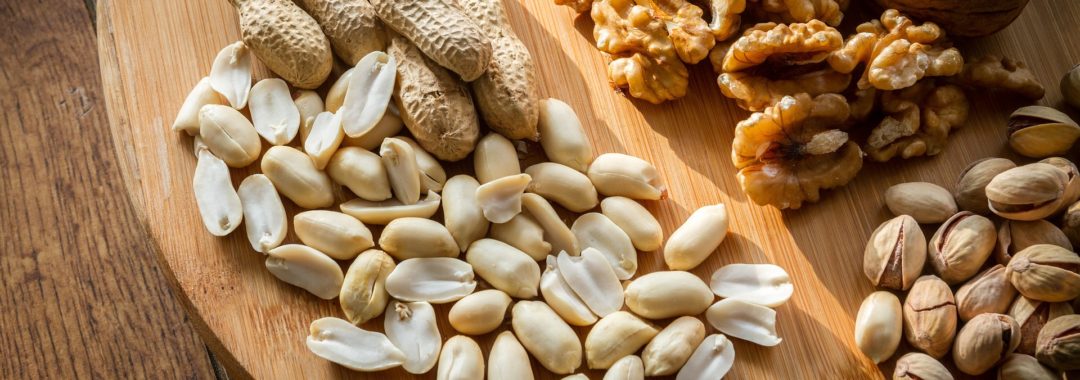Men, it is time to eat more nuts, to help your…. ummm… NUTS!
But this isn’t just about your family jewels, this is about helping with what they produce and helping you carry on your family tree. A diet rich in nuts has been shown to improve sperm count, motility, morphology and sperm DNA.
Recent research published in the European Society of Human Reproduction and Embryology (July 4th 2018) has shown the men that regularly eat nuts have improved sperm quality and function and less DNA fragmentation in their sperm.
In many forms of traditional medicines, foods and the shapes of foods, often correlate to an organ in the human body. To give you an example, walnuts look like a lung and they also look like a brain. There are now research papers to show that walnuts may assist with brain function and help with lung function as well.
Many of the foods we eat may also assist fertility. Many of these foods may look like a reproductive organ, or contain seeds in them. Fruits such as dragon fruit and kiwi fruit look like the shape of a testicle, or an ovary and have seed in them, which traditional medicines often say are good for the seed (meaning eggs and sperm on a fertility level)
Hence it is no surprise that nuts, can help with… ummm… well…. a man’s nuts (reproductive organs)
This new research showed that the inclusion of mixed nuts (almonds, hazelnuts and walnuts) in a regular diet significantly improves the quality and function of human sperm, according to results of a randomized trial which measured conventional semen parameters and molecular changes over a 14-week study period. The findings, say the investigators, ‘support a beneficial role for chronic nut consumption in sperm quality’ and reflect a research need for further male-specific dietary recommendations.
Results firstly found significantly higher levels of sperm count, vitality, motility and morphology in the men randomised to the 60 g/day nut diet than in those following their usual diets free of nuts. Moreover, the subjects in the nut group also showed a significant reduction in their levels of sperm DNA fragmentation, a parameter closely associated with male infertility. Indeed, it was this change in the level of DNA fragmentation in the sperm cells by which the investigators explained, at least in part, the improvement in sperm count, motility and morphology.
Nuts are dense foods containing many antioxidants, omega 3 oils, amino acids and folate. This may explain why nuts are so beneficial to improving sperm quality overall. Antioxidants help with oxidative stress, which can be a big factor in DNA damage to sperm and poor sperm quality. Antioxidants and amino acids help with proper formation of sperm at the cellular stage and help prevent damage to sperm cells and help with repair and formation of the DNA of sperm as well.
There is much more growing evidence through research literature that healthy lifestyle changes such as following a healthy dietary pattern can assist conception. Healthy parents make healthy babies. It takes a sperm and an egg to make a baby and healthy men produce healthy sperm. This is why it is important for not only the woman to be healthy prior to conception, but for the man to be healthy as well. The health of the father is passed onto the child and there is growing evidence to support this now.
When it comes to fertility and trying to have a baby, males need to be an equal part of the equation. Fertility isn’t just a woman’s responsibility and fertility issues are not just related to women.
Regards
Andrew Orr
-No Stone Left Unturned
-Women’s and Men’s Health Advocate
Story Source:
European Society of Human Reproduction and Embryology. “A diet rich in nuts improves sperm count and motility: Improvements associated with better male fertility and explained by a reduction in sperm DNA fragmentation.”
